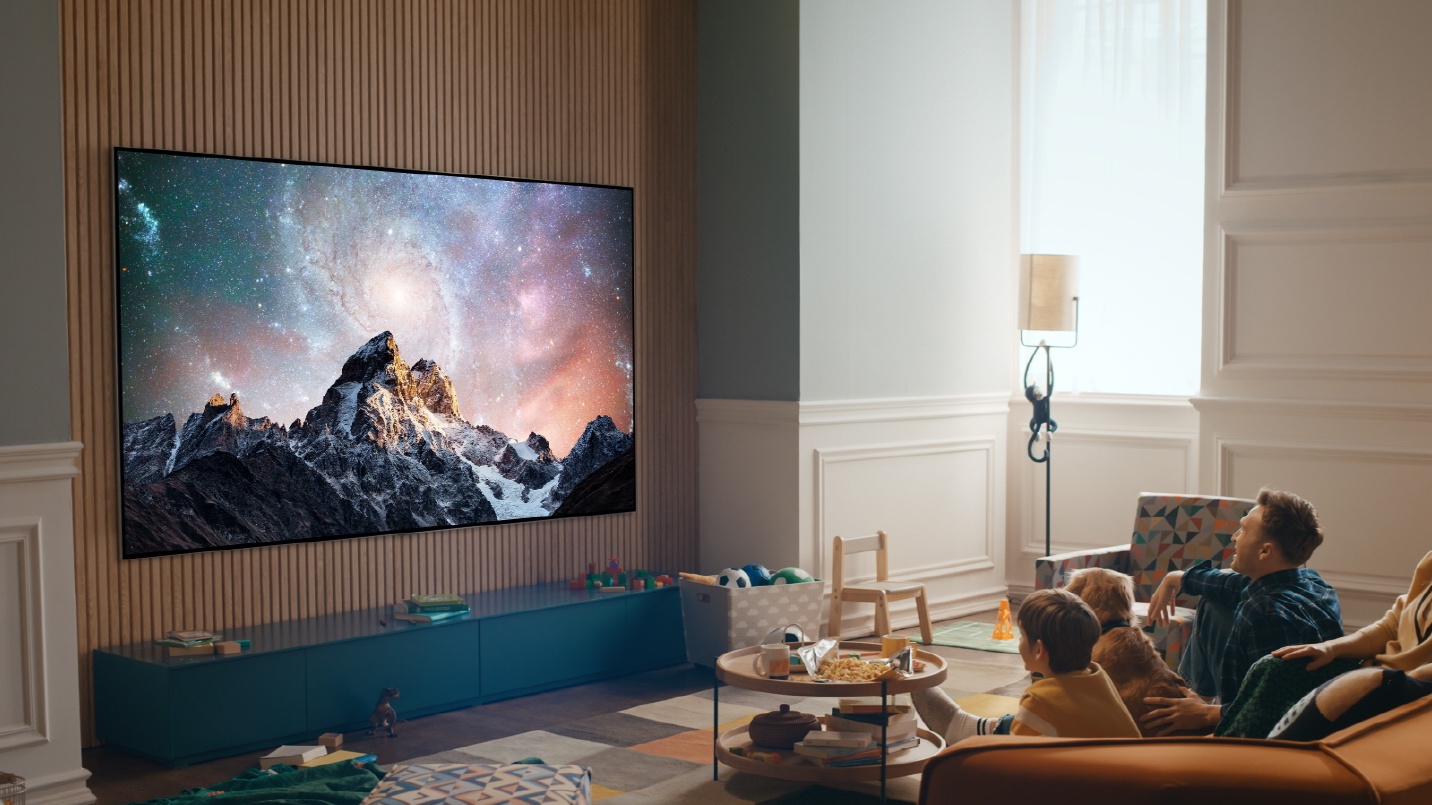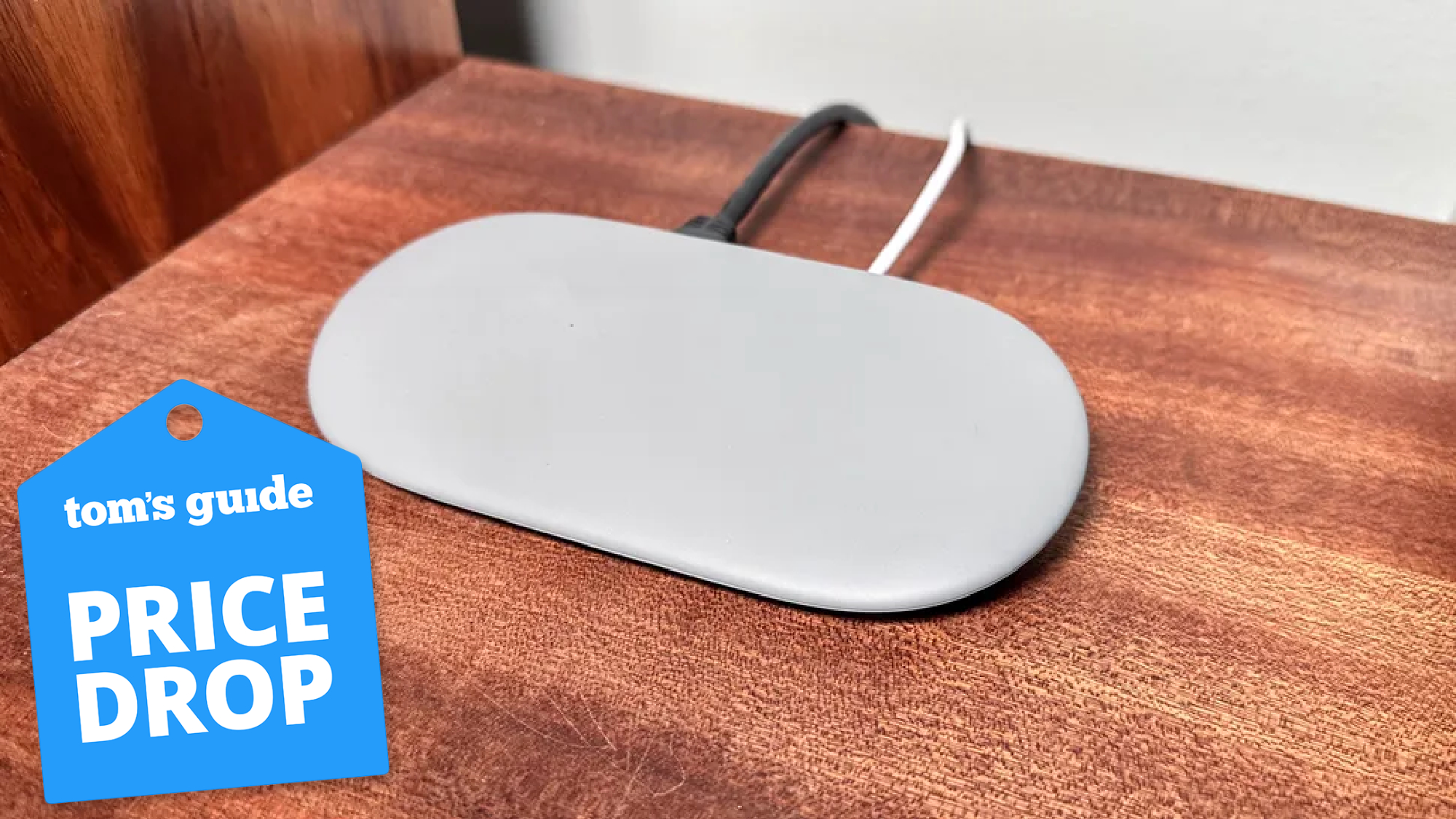Best TV in Australia 2025: our top picks from LG, Samsung, Hisense and more
We’ve found the best TVs for every home
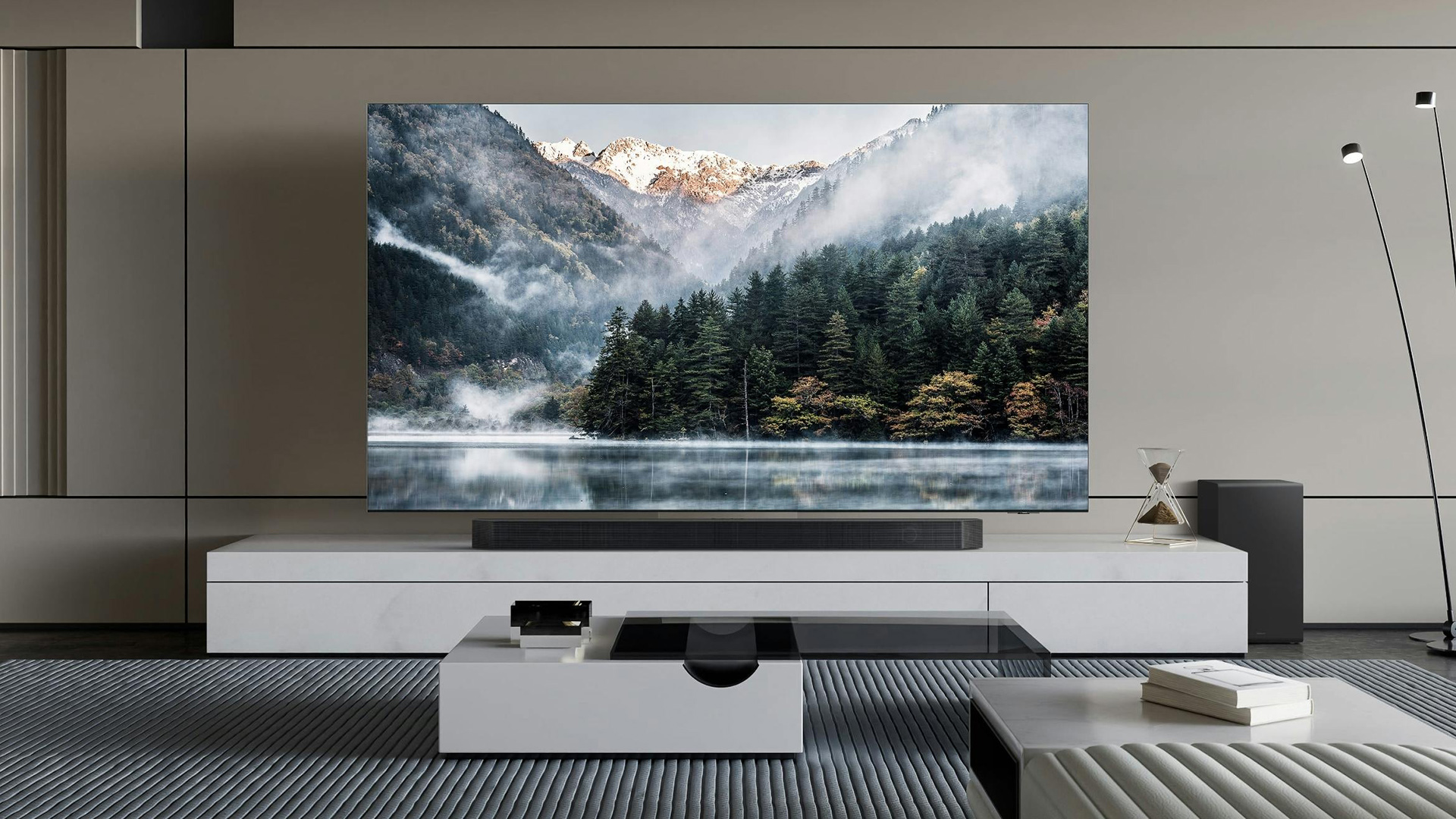
The best TVs in Australia are constantly evolving and improving, which is why we've curated this helpful guide to help steer you to the top locally available options. After all, we wouldn't want to waste your time by recommending overseas models that you can't even buy.
Our goal it to help you make an informed decision on which TV to purchase without tripping into TL;DR territory — that means relaying our expert advice on picture and sound quality, display technologies, available smart features, the UI experience and more.
And, if a particular telly in our list does take your fancy, we also want to make it as easy as possible for you to buy it at a great price.
This year, we're expecting some truly incredible televisions from the usual suspects: Samsung's 2025 lineup will be led by the new 8K QN900F, which is promised to be an outstanding Mini LED option, while LG's 2025 lineup will bring a new flagship in the G5 OLED, along with C5 and B5 OLED models. Meanwhile, Hisense has announced a mammoth 116-inch Mini LED TV out of CES 2025.
While we wait for those models to arrive, here is Tom's Guide's definitive list of the best TVs in Australia for 2025.

Hello! I'm Stephen (a.k.a. Slams) and I'm the Managing Editor of Tom's Guide (APAC). Based in Sydney, Australia, I've written about TV and AV for the better part of a decade, having previously worked as a Senior Journalist over at our sister website, TechRadar. My goal is to help you cut through the slogans and marketing phrases to find the best TV for your needs.
The quick list
Here's a quick overview of the best TVs you can buy in Australia right now based on our extensive testing and reviews. Alternatively, you can keep on scrolling to see our in-depth analysis of all the top TVs on our list.
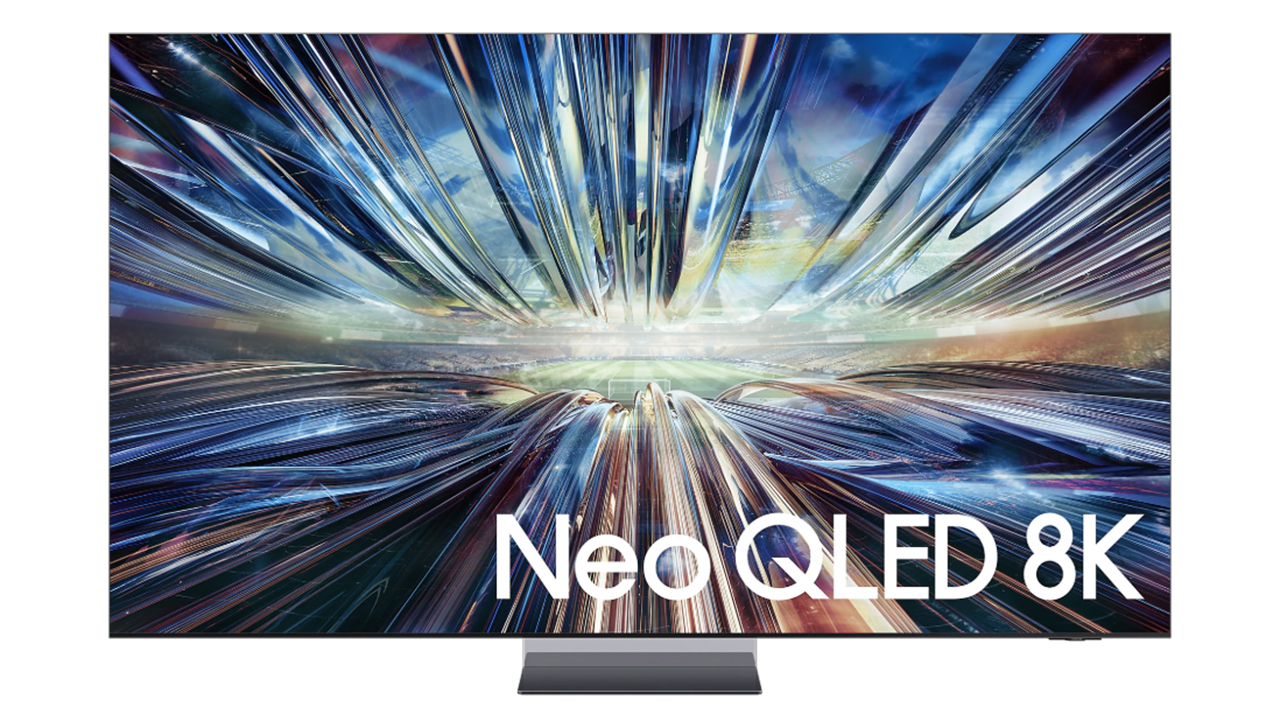
Samsung's best TV to date
Samsung's QN900D Neo QLED 8K TV is an astonishingly impressive television which sports cutting-edge AI upscaling features, excellent picture quality and a redesigned interface. It's also the best looking TV in terms of design.
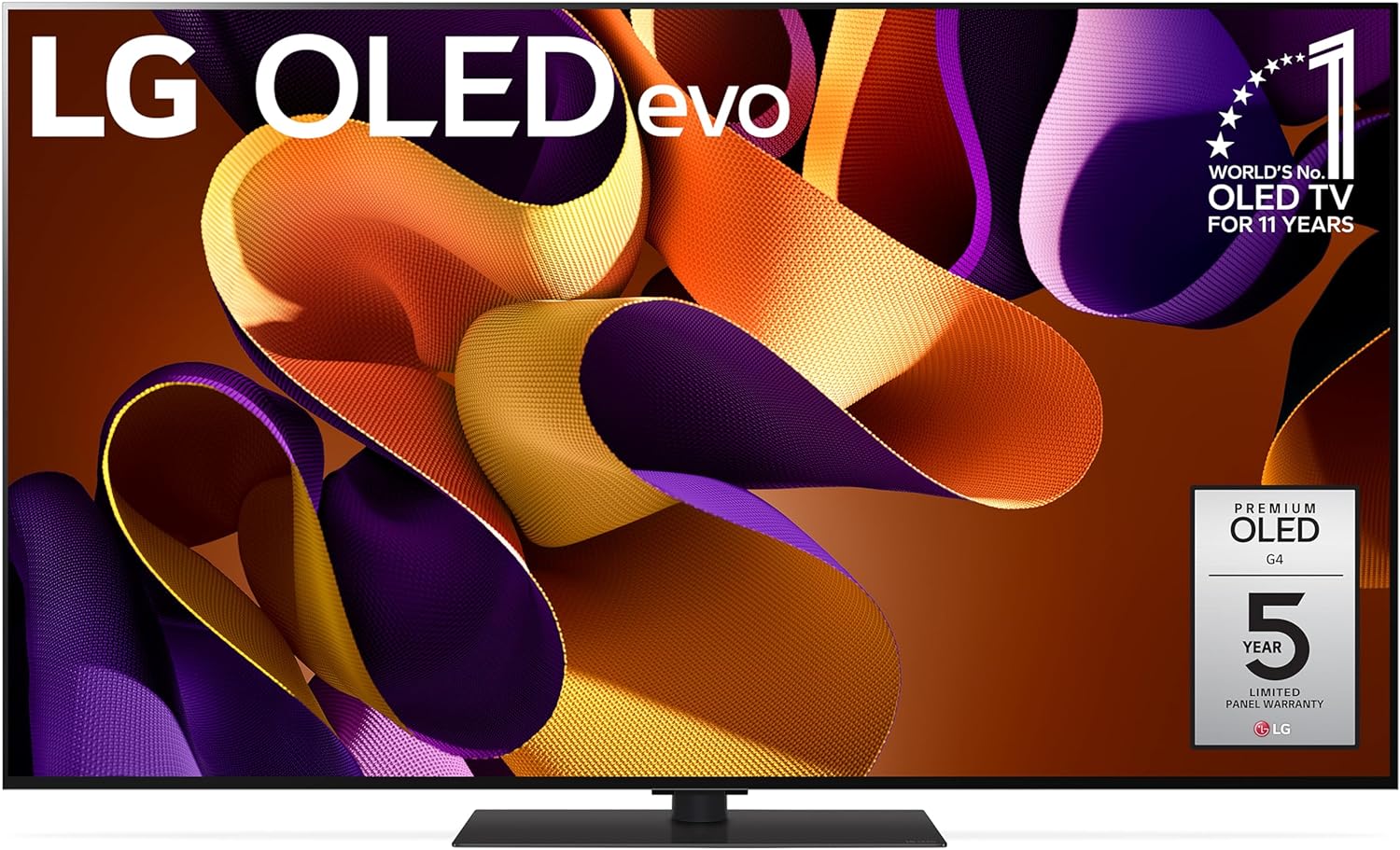
The LG G4 OLED doesn't use a standard OLED panel — it uses proprietary technology developed by LG Display to boost brightness while maintaining perfect black levels. The G4 changes the game for OLED TVs.
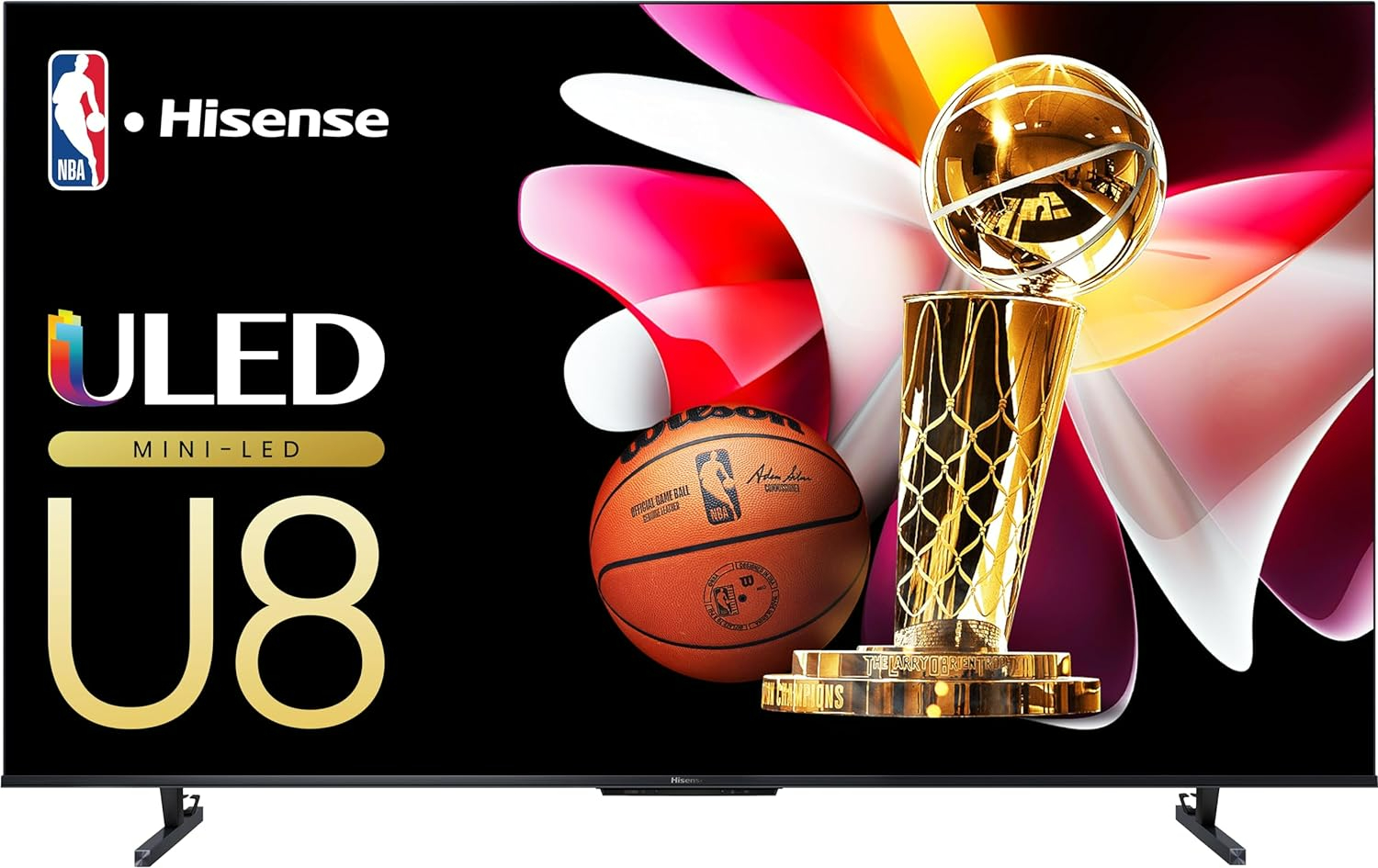
The Hisense U8N's strong specs sheet translates to a beautiful picture. It produces some of the brightest HDR scenes I've ever seen, and its color reproduction is second-to-none.
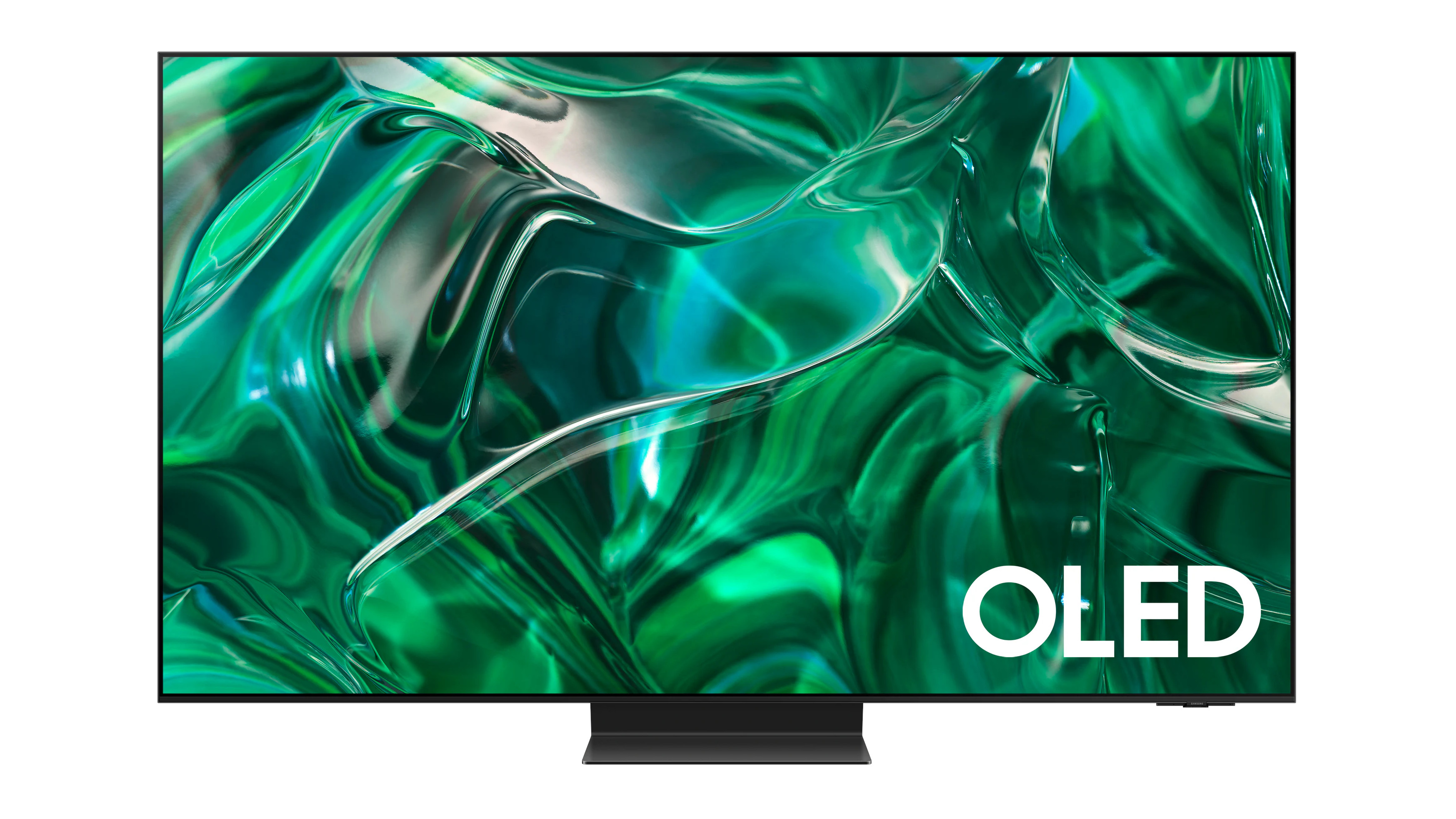
Samsung has knocked it out of the park with the S95C, its second QD-OLED TV attempt. Upgrades compared to the previous-gen model show Samsung is taking OLED seriously, delivering one of the brightest sets this technology has seen yet.
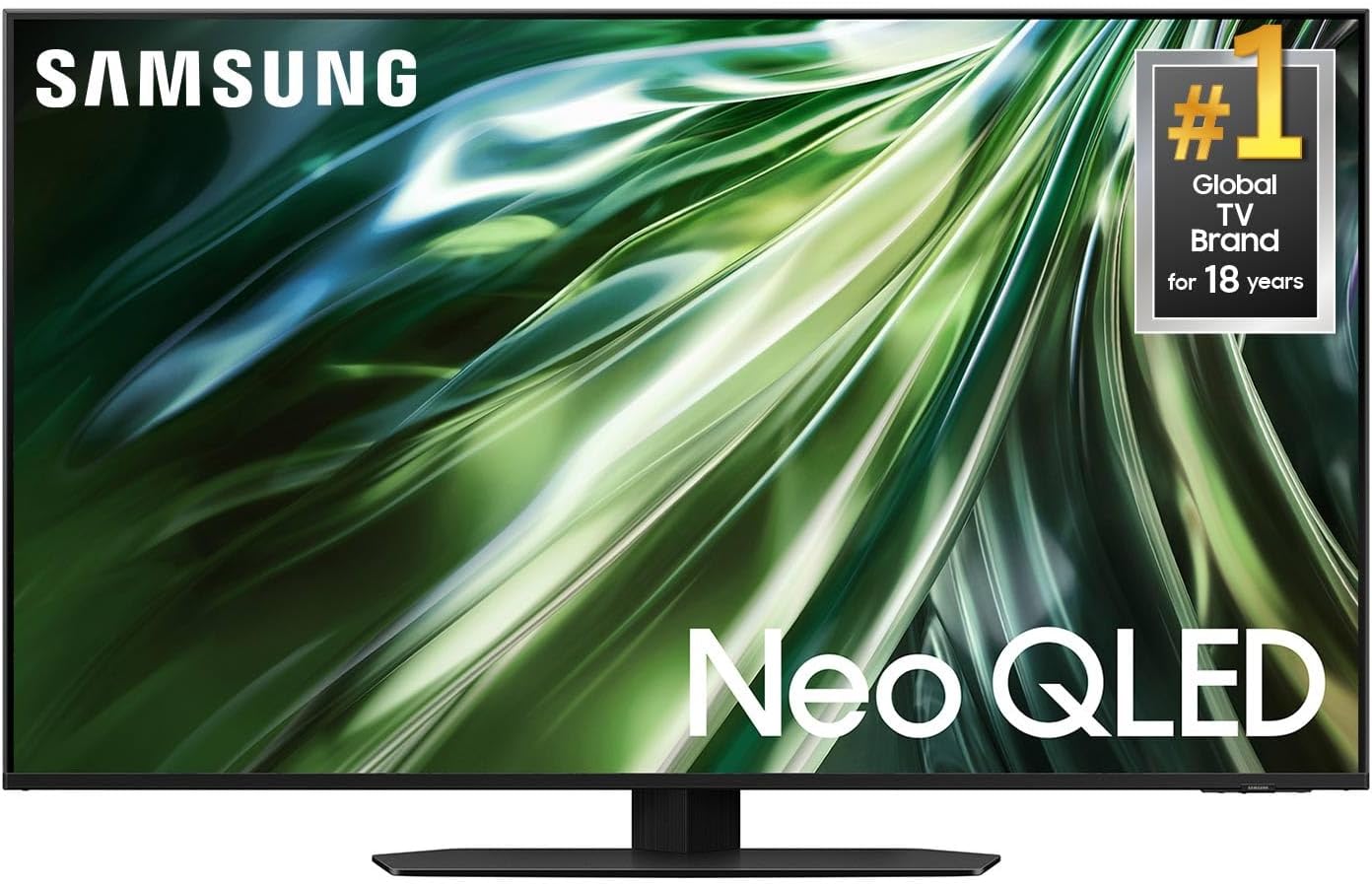
QLED TVs are all about high brightness and great contrast, both of which the Samsung QN90D delivers in spades. If you're looking to replace a TV in a room with too much ambient light, the QN90D is a great pick.
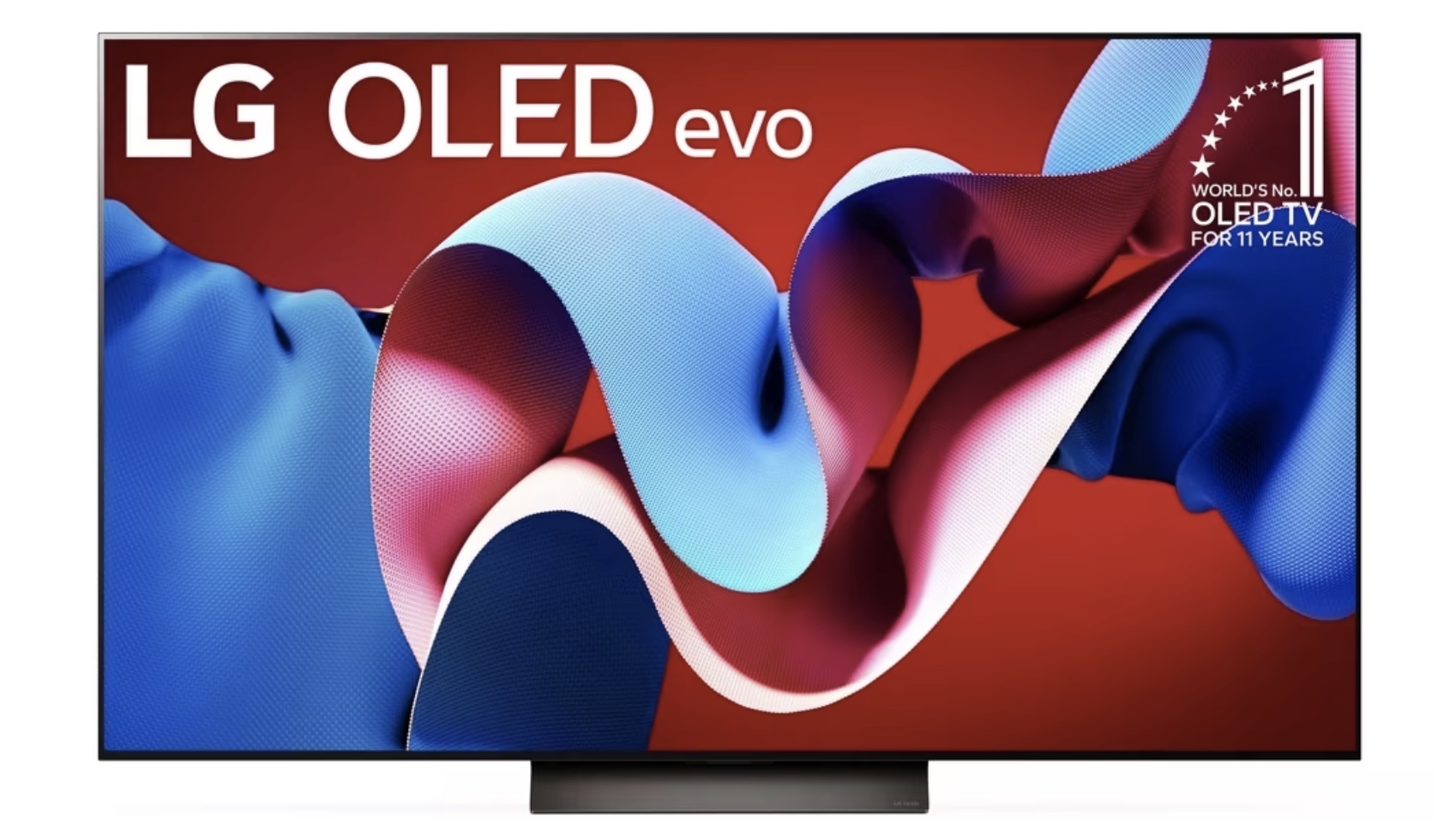
The LG C4 OLED delivers an incredible picture performance. I wouldn't quite rank it in the top 5 until it gets a price drop, but if you're after a luxury OLED TV with perfect black levels and 1,000 nits of brightness, look no further.
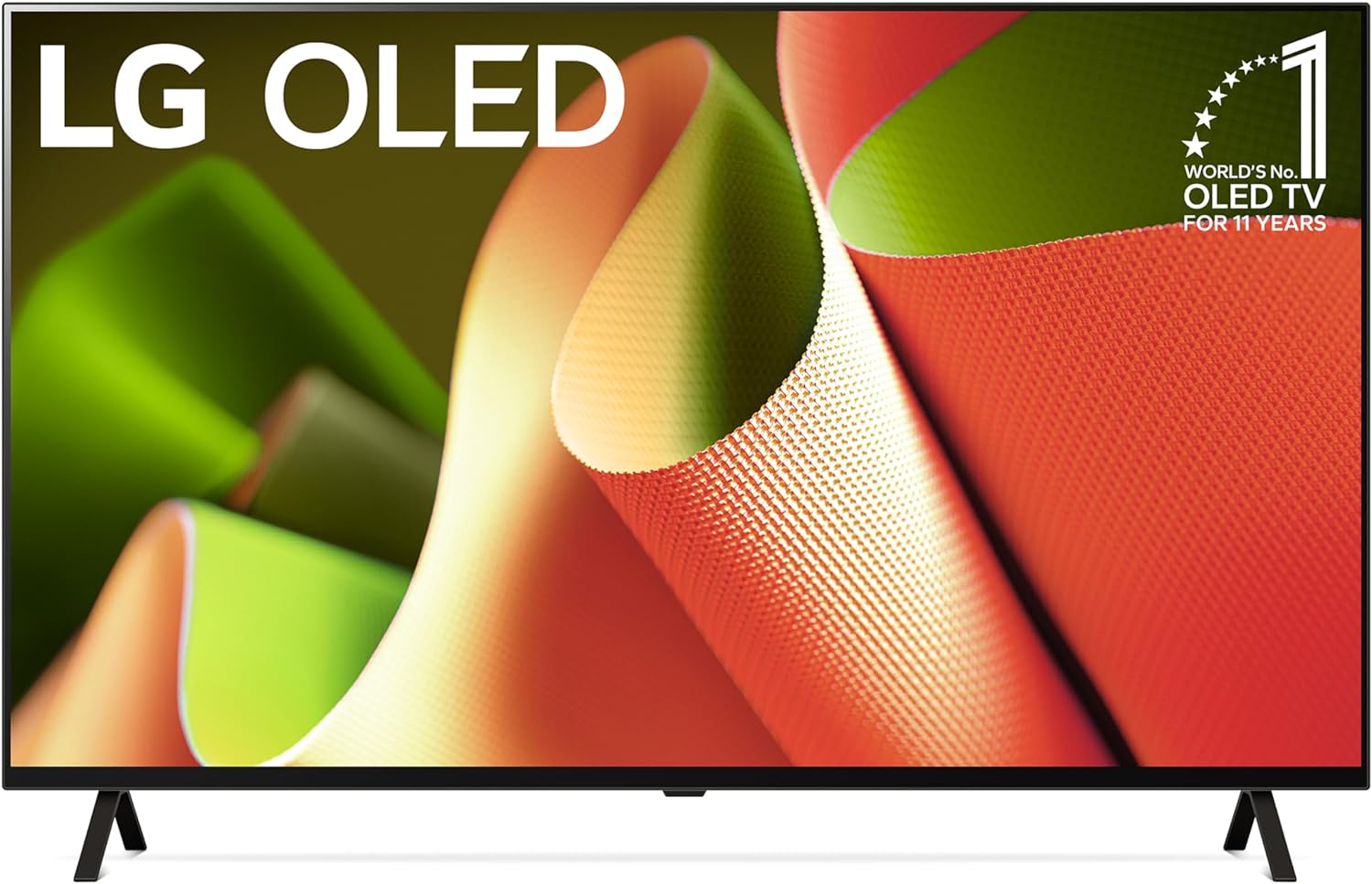
A/V enthusiasts looking for a great, accurate picture will not be disappointed by the LG B4 OLED, and neither will gamers looking for an extensive list of features. Its only real shortcoming is its relative lack of brightness compared to mid- and high-end OLED TVs. Other than that, it’s a value-packed set with excellent performance.
Read more below
The Full List: Best TVs in detail
Why you can trust Tom's Guide
Best TV overall

Specifications
Reasons to buy
Reasons to avoid
Samsung's QN900D Neo QLED 8K TV is the most impressive TV of 2024 to date, boasting a gorgeous new design, a stack of OS refinements, and a third-gen AI-powered processor which delivers huge upscaling gains — got to make use of that 8K resolution somehow!
Obviously, not everyone wants an AI to tweak the look of their content, but thankfully the results are subtle and mostly improve image clarity. And if you really don't like it, you can simply switch to a different picture mode and avoid it entirely. What's less forgivable at this stage is Samsung's continued lack of Dolby Vision support.
Despite this drawback, the QN900D Neo QLED 8K TV's incredible picture quality, astounding brightness and brilliant contrast makes it not only Samsung's best TV of the 2024, but one of the best TVs still available.
Read our full review: Samsung QN900D Neo QLED 8K TV
Best OLED TV
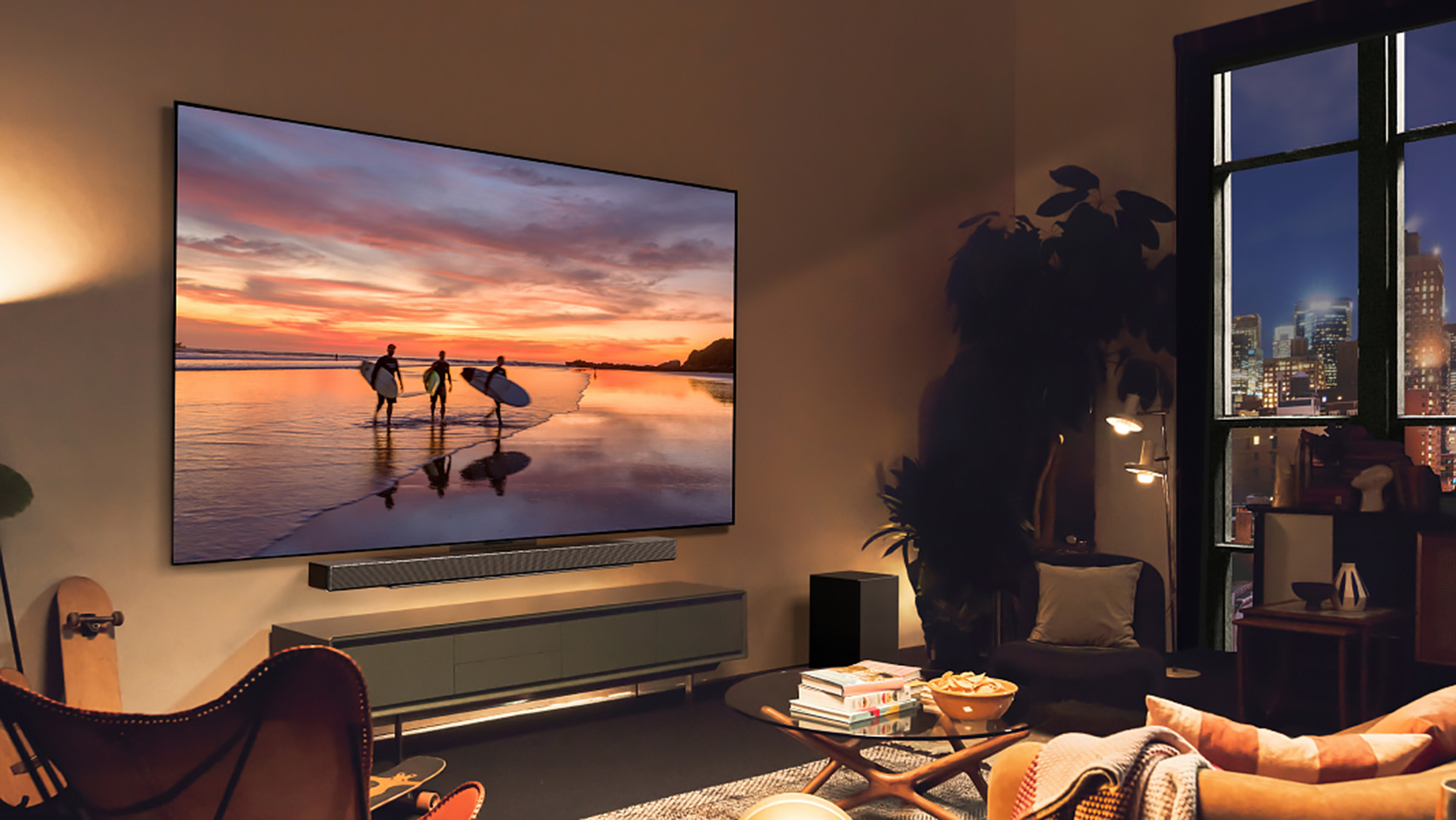
Specifications
Reasons to buy
Reasons to avoid
The LG G4 OLED is an absolutely stunning TV that leverages the power of LG Display's latest innovations in panel design. Sporting a new META 2.0 panel, the G4 delivers better brightness than nearly all of its peers (QD-OLED TVs, excluded) and has some of the most accurate out-of-the-box color we've seen on a TV in 2024.
The LG G4 OLED doesn't require a calibrator to make it look great — out of the box it looks incredible. In our comprehensive lab tests, the LG G4 reached a peak brightness of 1,488 nits while maintaining perfect black levels. Its color accuracy in its Filmmaker mode is the lowest of any TV and it's tied for the lowest input latency. Movies that we watched on it looked sharp and vibrant. The Mushroom Kingdom in The Super Mario Bros. Movie had candy-color sheen to it, and action sequences in Avatar: The Way of Water have never looked so unreal (in a good way).
Not only is the TV immaculately designed but LG is one of the only TV makers to offer a five-year warranty on its OLED TVs to cover them in case of any pixel degradation (i.e. burn-out or burn-in), and that gives me a lot of confidence recommending their brand. There are more OLED TVs out there than ever before, but for me the choice for the best OLED currently available is clear.
Read the full review: LG G4 OLED
Best Mini LED TV

Specifications
Reasons to buy
Reasons to avoid
It shouldn't be much of a surprise that the Hisense U8 series is so high up on our list — its predecessor, the Hisense U8K, was also highly regarded last year. But what makes the Hisense U8N even better than its predecessor is the uptick in brightness. This TV can output over 3,000 nits in HDR, which means you're more than covered if you feel like TVs often look too dim and are hard to see. Its color vibrancy is also off the charts, second only to a Sony TV that costs three times as much money.
So why didn't it get a perfect 5 out of 5 score from me? Well, two reasons. For one, Hisense just can't compete with Sony, Samsung and LG in post-image processing. Motion processing and upscaling aren't awful, and most of the time look really good everything considered, but other companies' processing techniques are on a whole different level. You're also stuck with just two HDMI 2.1 ports here.
Despite these flaws, most folks are going to be blown away by this TV. You can't watch the Hisense U8N and not be impressed. Not only does it nail the perfect brightness in every setting thanks to the incorporation of a light sensor, but its colour vibrancy is next level.
Read our full Hisense U8N Mini-LED TV review
Brightest OLED TV
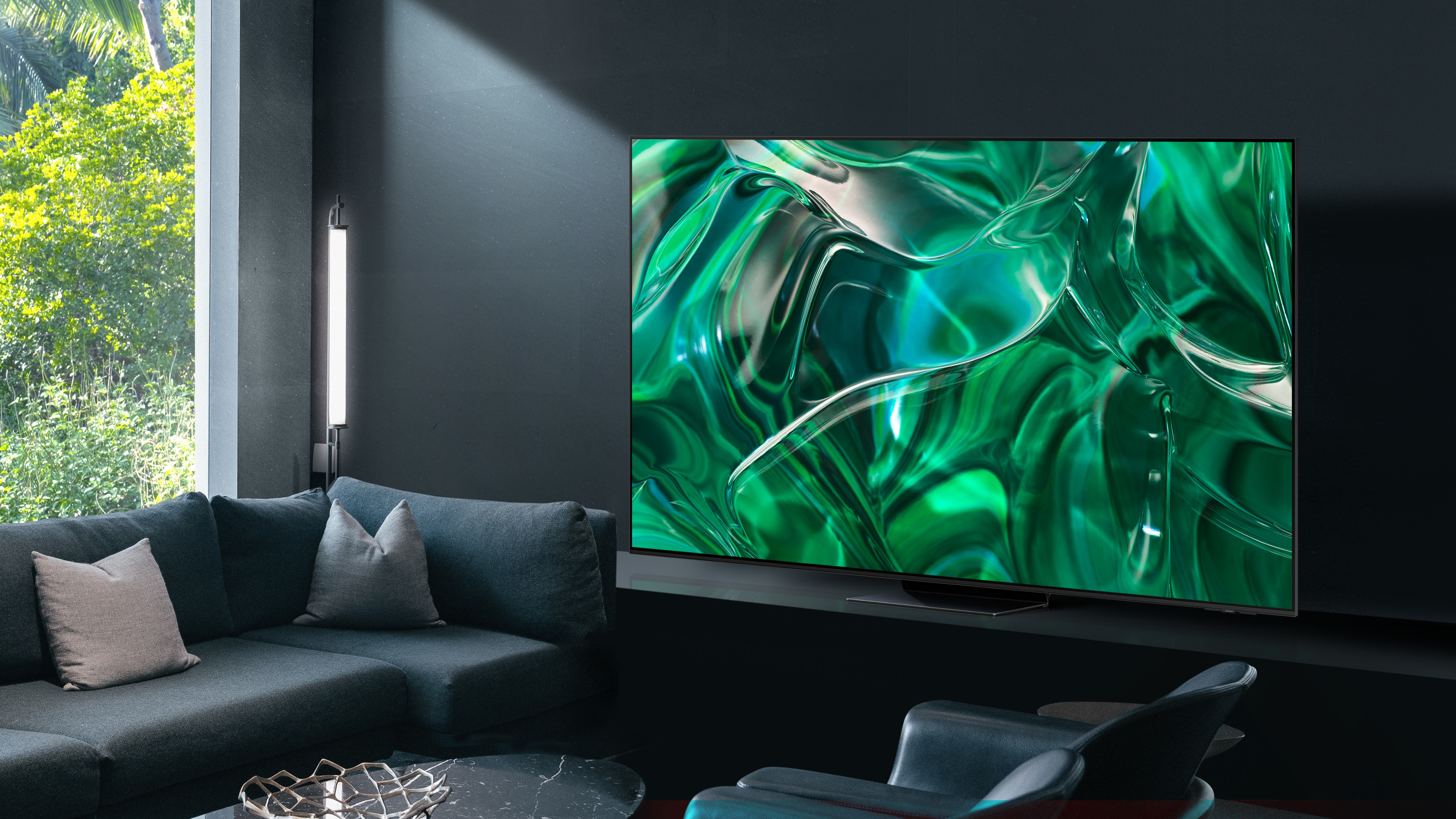

Specifications
Reasons to buy
Reasons to avoid
Samsung's second shot at QD-OLED is an absolute winner, offering a brighter, more vibrant OLED experience thanks to the addition of quantum dots. And though we had some reservations about Samsung’s new TV category the first time around, the S95C has upgrades that move the needle.
It's got a slimmer, more premium design than the previous-gen Samsung S95B OLED TV and is now available in a larger 77-inch model, which makes it easier to recommend to home theatre enthusiasts. The brilliant One Connect Box for cable management also returns, and PC gamers will love its FreeSync support and 144Hz refresh rate. Most importantly, this year's version sees a significant boost to brightness, which has always been one of OLED's major downsides.
Simply put, we have no qualms about recommending the S95C as one of the best TVs you can buy right now.
Read our full Samsung S95C OLED TV review
The best QLED TV
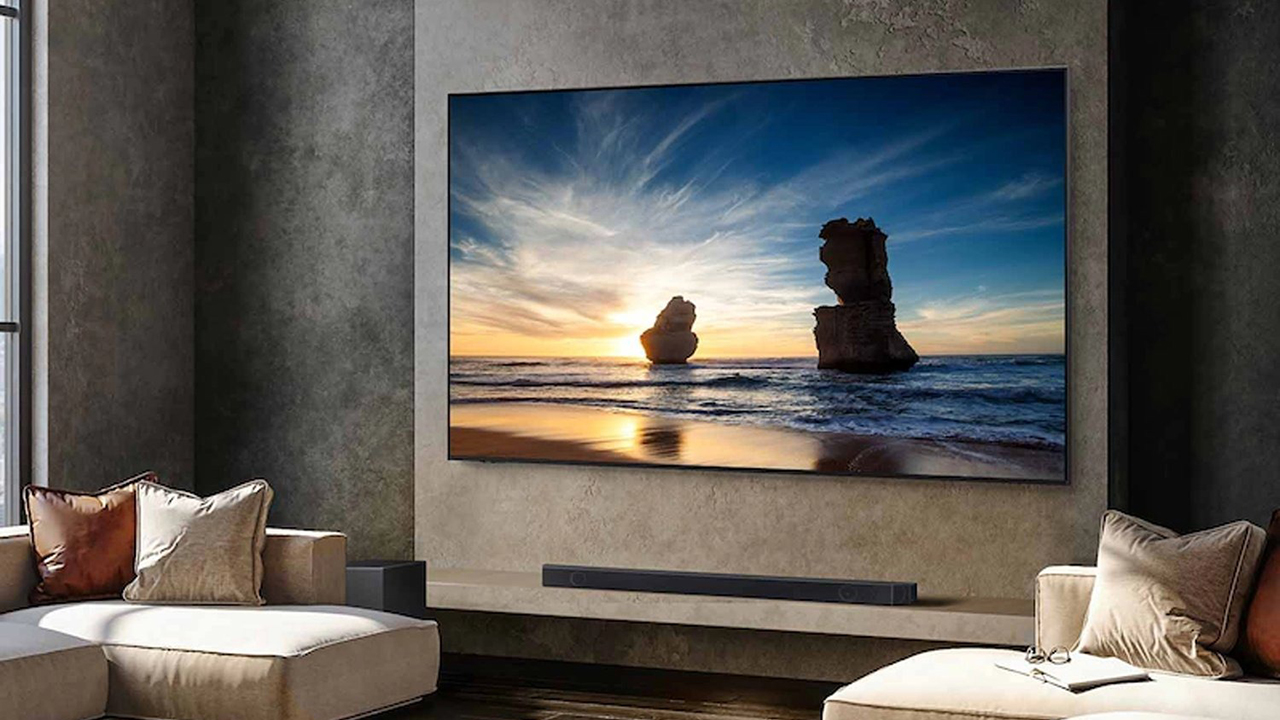
Specifications
Reasons to buy
Reasons to avoid
The Samsung QN90D is the swiss army knife of TVs. It's good at basically everything, from upscaling content to boosting brightness, and it's available in pretty much every screen size fathomable. Whether you want a 43-inch telly for your office or guest bedroom, or you need a 98-inch behemoth for your living room, you can find a QN90D model to match.
Like the Hisense, the Samsung QN90D uses Mini-LED for better contrast and a higher peak brightness. Unlike our other top picks it has a slightly faster input latency and four full-spec HDMI 2.1 ports that can pass 4K/120Hz signal that make it a better pick for gamers.
The downside here is that you're paying a lot more for this slight improvement on performance and its lackluster Tizen smart platform. It's still worth considering for all those extras, but it doesn't exactly provide the best value compared to our top picks.
Read our full Samsung QN90D Neo QLED TV review
Best mid-range TV
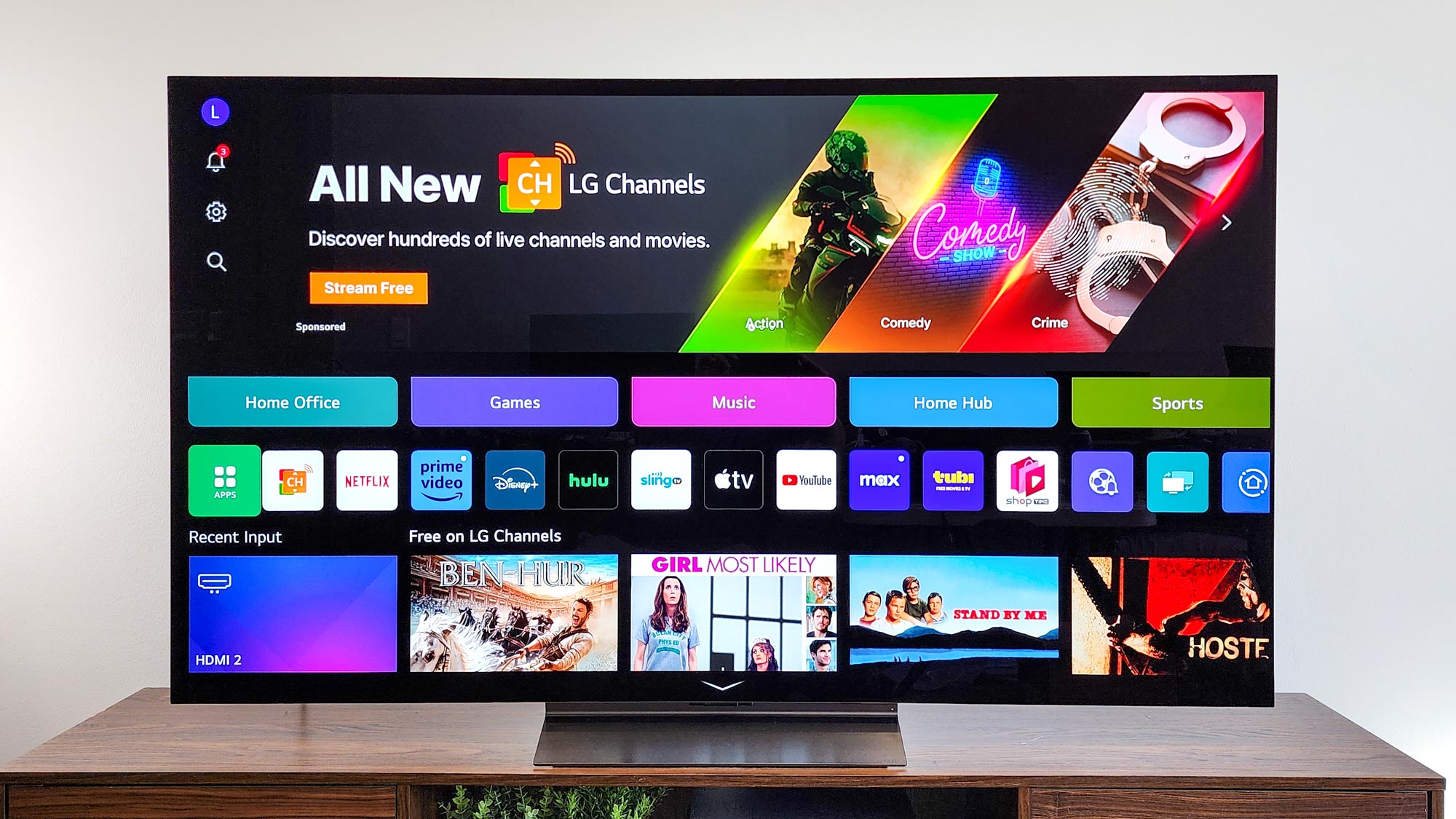
Specifications
Reasons to buy
Reasons to avoid
The LG C4 OLED is the latest and greatest model in LG's vaunted C-Series, following last year's LG C3 OLED and 2022's LG C2 OLED. It features a few key improvements to LG's webOS platform and support for a 144Hz refresh rate when connected to compatible gaming PC hardware. So why is it down here? In short, it's expensive for a mid-ranger.
Still, it offers the beautiful black levels you expect from an OLED of this calibre, as well as wide colour gamut and fantastic off-axis viewing. Its brightness is great compared to older OLED models, finally crossing the 1,000-nit threshold, but it's not going to put up the same numbers that the LG G4 or Sony A95L can.
In a year where Hisense, TCL, Samsung and even LG itself didn't deliver such homerun TVs, the LG C4 would've been the best TV money could buy — unfortunately the competition is tough and at its current price, the C4 has a hard time justifying its exorbitant cost.
Read our full LG C4 OLED review
Best budget OLED
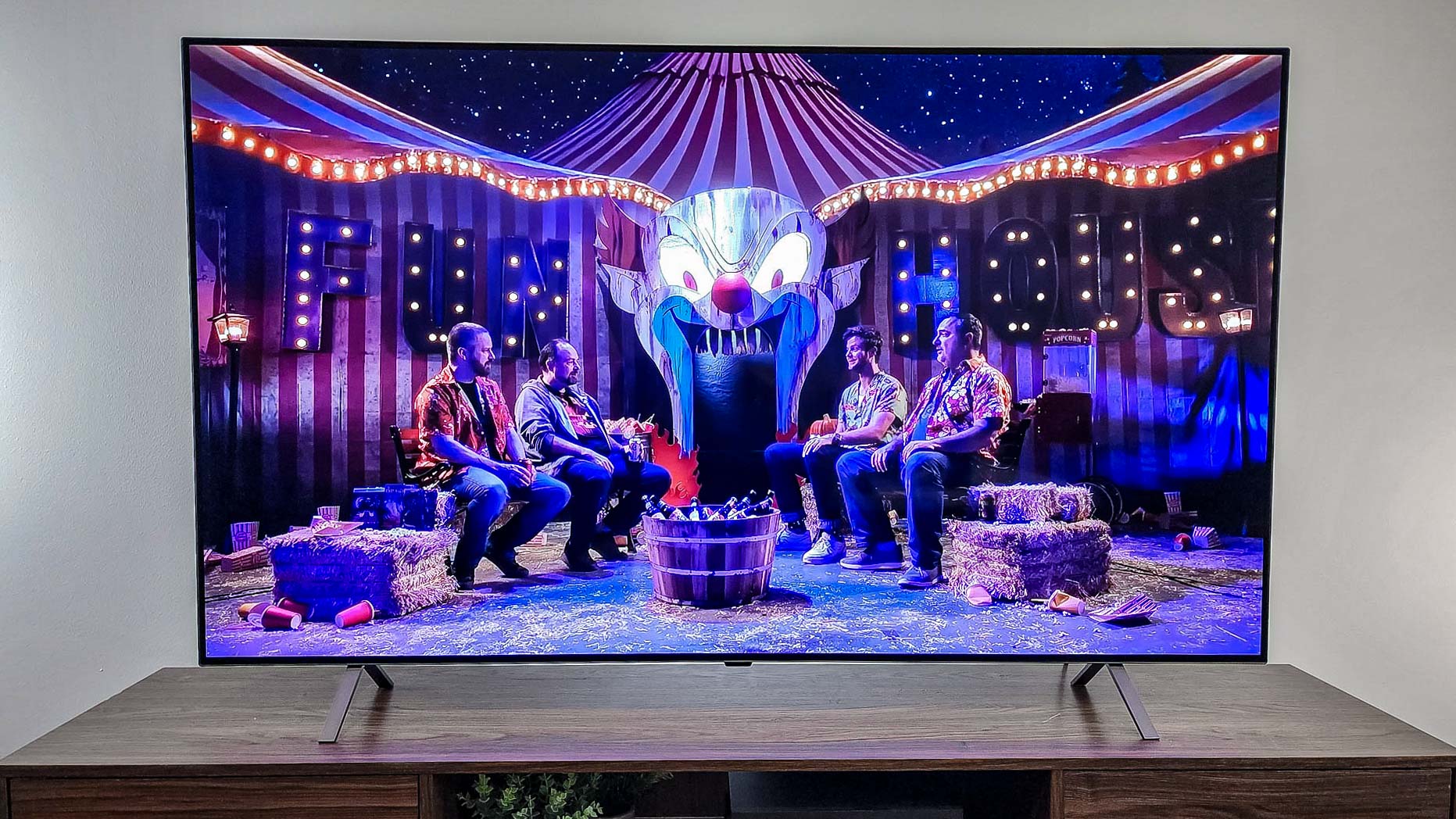

Specifications
Reasons to buy
Reasons to avoid
The LG B4 features a similar design to the rest of the entries in the brand’s 2024 OLED TV lineup. Most of its panel is remarkably slim — a hallmark of OLED displays. The chassis bulges out somewhat at the panel’s midpoint to accommodate the set’s internal hardware, but even at its thickest, this is a very svelte TV.
The B4’s best features are those associated with OLED technology: perfectly inky black levels and super-wide viewing angles. Crucially, though, the B4 is also engineered for a clean, accurate picture. We loved the B4’s motion handling and overall picture processing, particularly how well it handled fast-paced action and sports.
If the B4 has one weakness, it’s the relatively low peak brightness measurements we recorded in HDR: 659 nits. This puts it behind mid-range OLEDs like the LG C4 and very much at a disadvantage compared to QD-OLEDs (like the Samsung S95D) and MLA-equipped OLEDs (like the LG G4). Nevertheless, its perfect black levels give its highlights more of a punch.
Read our full LG B4 OLED review
How to choose the best TV for you
If you're trying to find the right TV for you, there are several factors to consider, from the basics of screen size and resolution, to the specific smart features and ports offered on a given model. We recommend most homes opt for a 55- or 65-inch TV with 4K resolution. We're also big fans of smart TVs, which let you stream all of your favorite shows and use dozens of apps without a second device.
We have extensive shopping advice, like our TV buying guide and figuring out what size TV you should buy. And if you still have questions about smart TV features and capabilities, check out Smart TVs: Everything you need to know.
Performance: Our TV reviews also look at how well each TV performs in key areas, like picture quality and sound, so don't forget to look up the model you're interested in to see our TV reviews.
Ports: We generally recommend opting for more ports, so that you never have to manually unplug and re-plug HDMI cables to switch from your Bl-ray player to your game console or other device. Three ports is common, but nicer TVs usually have 4 HDMI ports. You'll also want make sure at least one is HDMI 2.1; our guide to the best HDMI 2.1 TVs can help here. (Still confused? Check out TV ports explained: What all those HDMI, USB and other connections are for?)
Extra USB ports are also handy for powering antenna amplifiers or streaming sticks, as well as viewing media from USB storage.
HDR: Most TVs offer high dynamic range (HDR) support, with Dolby Vision being the top format and HDR10 the most basic. But more important is the backlight, with OLED TVs and LED sets with local dimming offering the best HDR capabilities.
Smart software: Some of the TVs are among the best Alexa compatible devices and best Google Home compatible devices you can own, so pay attention to which smart home platform the sets offer before choosing.
If you've narrowed down your TV shopping by brand, price range or screen size, check out our picks for the best TVs in each.
Best TVs | Best 4K TVs | Best smart TVs for streaming | Best TVs for gaming
Best TV brands | Best Samsung TVs | Best TCL TVs | Best LG TVs | Best Roku TVs | Best Google TVs | Best OLED TVs | Best QLED TVs | Best 8K TVs | Best HDMI 2.1 TV | Best TVs with ATSC 3.0 | Best TVs with Chromecast
The smallest smart TVs | Best 43-inch TVs | Best 50-inch TVs | Best 55-inch TVs | Best 65-inch TVs | Best 70-inch TVs | Best 75-inch TVs | Best 85-inch TVs
And don't forget to watch out for the latest TV reviews.
How we test TVs
Evaluating TVs is about more than just kicking back to watch a movie. We lab test every TV, measuring color gamut, color accuracy and brightness to objectively see which sets are the best for these key indicators. We also test for lag time – a key detail for gaming – measuring to the millisecond how long it takes for content to travel from the original source to the screen. We use these results to make numbers-based comparisons about color and display quality.
We also spend time with each set for real-world evaluation and see how our lab results translate into more subjective performance. We also compare sets side by side and view samples from the latest movies, specialized test patterns that highlight strengths and weaknesses of each display, and a range of content across several sources. With that information, we can tell you which TVs look best, sound best and offer the best viewing experience.
Finally, we evaluate the smart TV functions and apps for each TV, looking at everything from the remote control design to the voice interaction.
Read next: We rundown 5 of the best TV sound upgrades we've tested that will blow you away.
Stephen Lambrechts is the Managing Editor of Tom's Guide AU and has written professionally across the categories of tech, film, television and gaming for the last 15 years. Before Tom's Guide, he spent several years as a Senior Journalist at TechRadar, had a brief stint as Editor in Chief at Official Xbox Magazine Australia, and has written for such publications as APC, TechLife Australia, T3, FilmInk, AskMen, Daily Telegraph and IGN. He's an expert when it comes to smartphones, TVs, gaming and streaming. In his spare time, he enjoys watching obscure horror movies on physical media, keeping an eye on the latest retro sneaker releases and listening to vinyl. Occasionally, he also indulges in other non-hipster stuff, like hiking.
- Nick PinoManaging Editor, TV and AV
